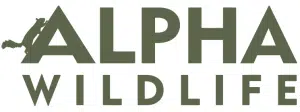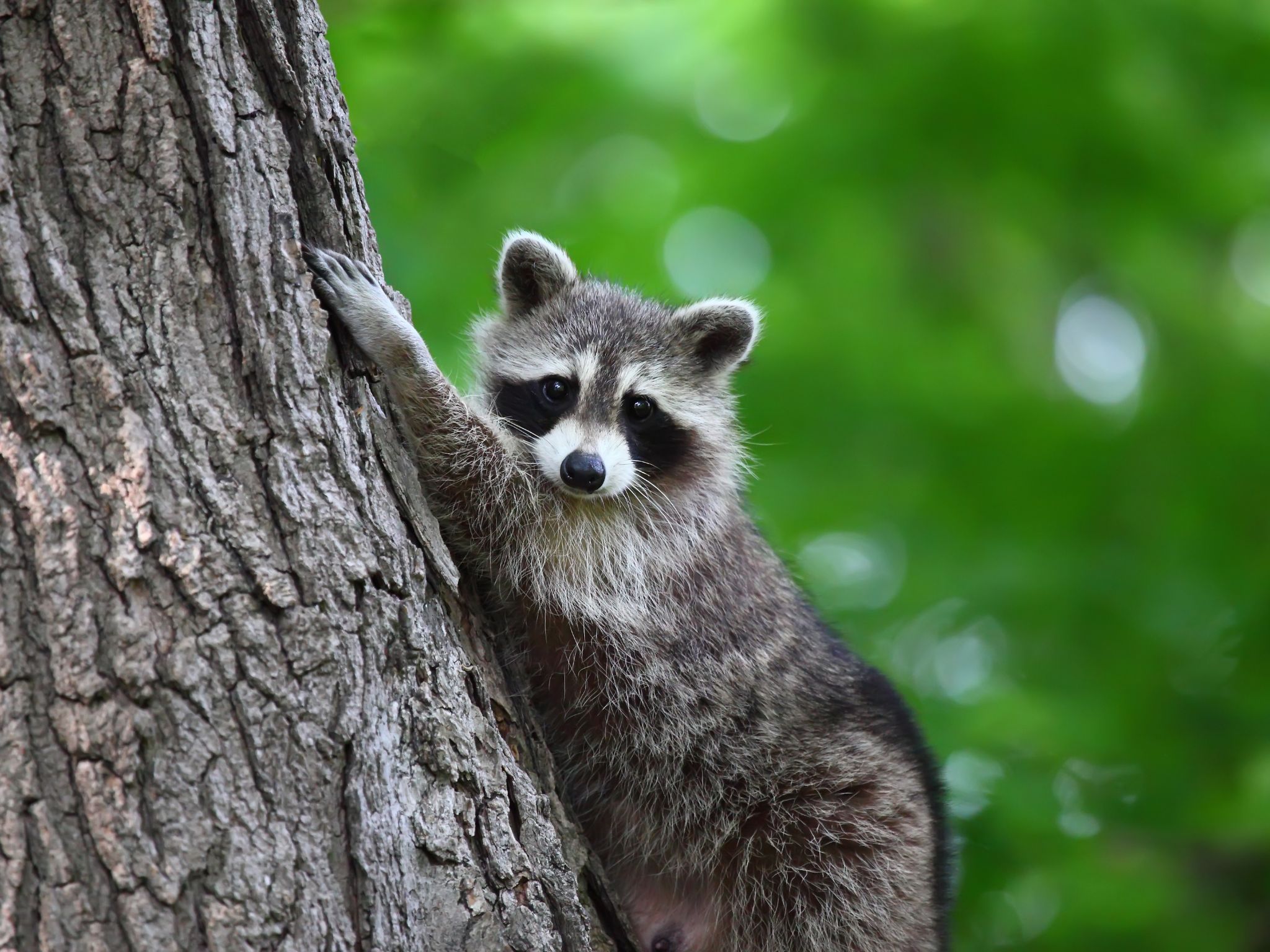How much does it cost to remove a raccoon from your attic?
Raccoons are cute, but when they invade your attic, they can cause serious damage. If you’ve discovered a raccoon in your home, you’re likely wondering about the cost to remove a raccoon from the attic. At Alpha Wildlife, we specialize in humane raccoon removal, and we’re here to help you understand what to expect when it comes to cost, process, and long-term solutions.
In this article, we’ll break down the factors that influence the cost of raccoon removal, the importance of professional wildlife removal, and how Alpha Wildlife provides not only safe removal but also preventative measures to ensure the raccoons don’t return.
What Factors Affect the Cost of Raccoon Removal?
The cost to remove a raccoon from your attic can vary depending on several factors, including:
1. The Size of the Infestation
If you have just one raccoon in your attic, the cost will typically be lower than if you have an entire family of raccoons. A mother raccoon may have babies in your attic, which makes the removal process more complex and time-consuming.
2. Accessibility of the Attic
Attics with easy access points may be quicker to deal with, while those with tight spaces, difficult angles, or blocked-off areas can be more challenging. The harder it is to access the raccoons, the more labor is involved, which can increase costs.
3. Extent of Damage
Raccoons are known for causing significant damage when they enter homes. They may tear through insulation, chew on wires, and leave droppings that contaminate your attic. Repairing this damage, along with the removal process, will impact the overall cost.
4. Exclusion and Prevention Services
The most important part of raccoon removal is ensuring they don’t return. Alpha Wildlife offers exclusion services, which involve sealing off entry points and making your home raccoon-proof. While this adds to the initial cost, it saves you money in the long run by preventing future infestations.
5. Location
Where you live can also affect the cost. Prices for raccoon removal vary by region, as labor rates and local wildlife regulations may differ. In general, urban areas with high wildlife activity may have higher costs than rural areas.
Why Is Professional Raccoon Removal Worth the Investment?
While it might be tempting to try DIY raccoon removal methods, hiring a professional like Alpha Wildlife is a smart investment. Here’s why:
- Safety: Raccoons can carry diseases like rabies, and their droppings can spread dangerous pathogens. Our trained professionals know how to handle raccoons safely, ensuring that your family and pets are protected.
- Humane methods: At Alpha Wildlife, we prioritize humane removal techniques. We trap and relocate raccoons without harming them, which is both ethical and often required by local laws.
- Long-term solutions: Simply removing a raccoon won’t solve the problem if they can easily get back in. Our exclusion services ensure that your attic is sealed off, preventing future wildlife invasions.
- Damage prevention: Raccoons can cause serious damage to your home. By addressing the issue quickly and professionally, you can avoid costly repairs down the line.
How Does Alpha Wildlife Remove Raccoons from Attics?
Our process is designed to be thorough, humane, and effective. Here’s how we handle raccoon removal at Alpha Wildlife:
1. Initial Inspection
We start with a detailed inspection of your attic and home to identify the presence of raccoons, assess any damage, and find out how they entered. This step is crucial to determining the best course of action for removal and prevention.
2. Humane Trapping
Once we’ve identified the raccoons, we use humane trapping methods to capture them. We avoid harmful traps or poisons, focusing on safely removing the animals without causing harm.
3. Exclusion Services
After the raccoons are removed, we seal up any entry points that they may have used to access your attic. This includes installing one-way exclusion doors that allow any remaining raccoons to leave but prevent them from returning.
4. Cleanup and Repairs
Raccoons can leave behind droppings, urine, and damage that need to be addressed. We provide decontamination services to clean up the mess and help prevent health risks. Additionally, we offer repair services for any damage caused by the raccoons.
5. Follow-Up
We ensure that the problem is completely resolved by providing follow-up inspections. If any raccoons return, we’ll come back to handle the situation at no extra charge, depending on the terms of our service.
Animals We Don’t Remove
While Alpha Wildlife specializes in humane raccoon removal, there are some animals we don’t handle. These include:
- Domestic animals (dogs, cats) – Local animal control agencies handle domestic animals.
- Insects and pests – Pest control companies are better suited to deal with infestations like termites, ants, or bed bugs.
- Endangered or protected species – These animals require specialized care and permits, which are handled by wildlife conservation agencies.
Need Raccoon Removal?
The cost to remove a raccoon from your attic can vary depending on the complexity of the job and the damage caused. While the price is influenced by factors like infestation size, attic accessibility, and the need for repairs, professional wildlife removal offers long-term solutions that keep raccoons from returning.
At Alpha Wildlife, we offer comprehensive raccoon removal services, including humane trapping, exclusion, and damage repair. Our goal is to protect your home and ensure that your raccoon problem is solved for good.
If you’re dealing with raccoons in your attic, don’t wait—contact Alpha Wildlife today for an inspection and customized removal plan!




